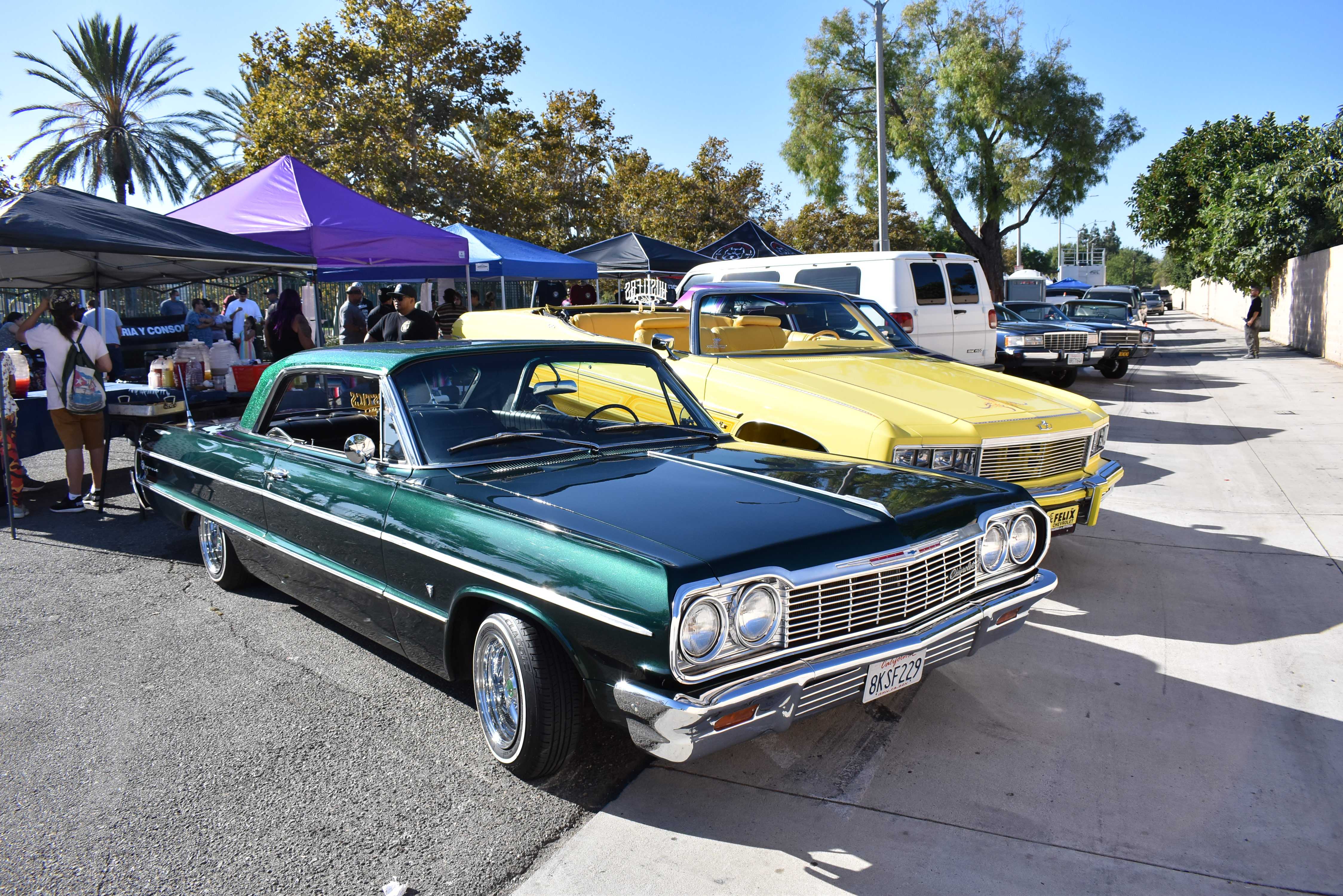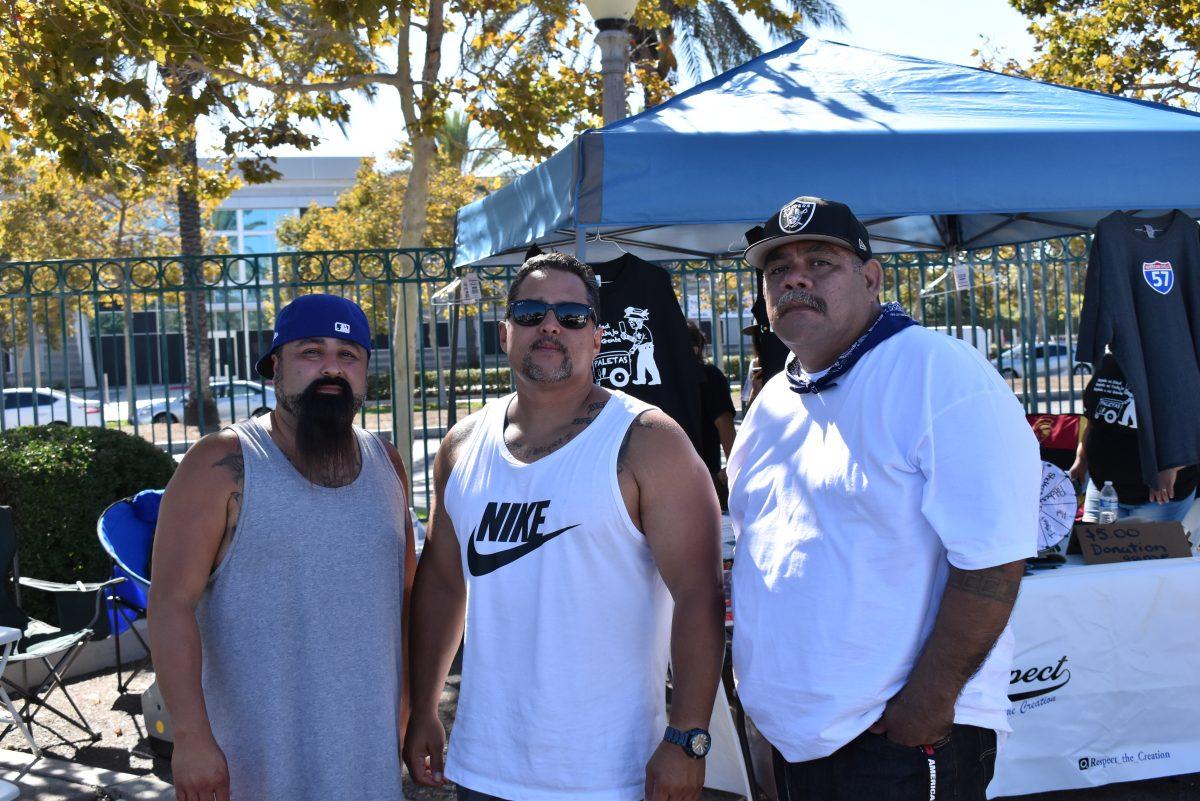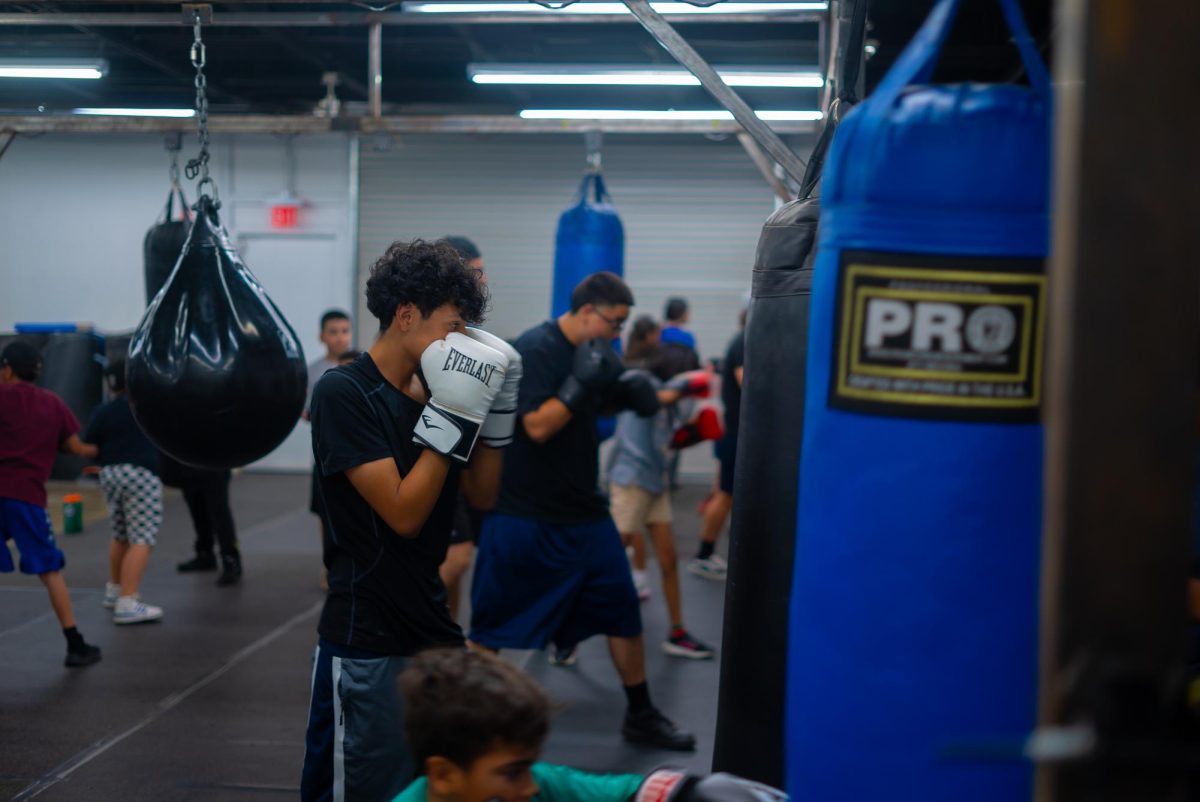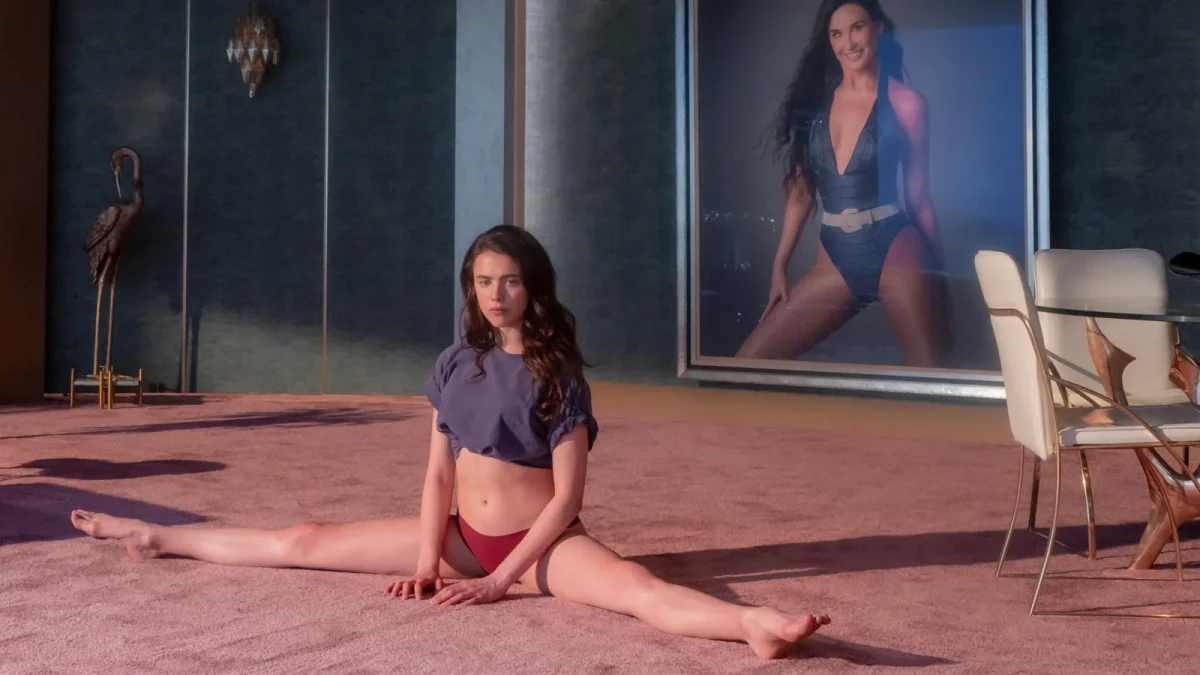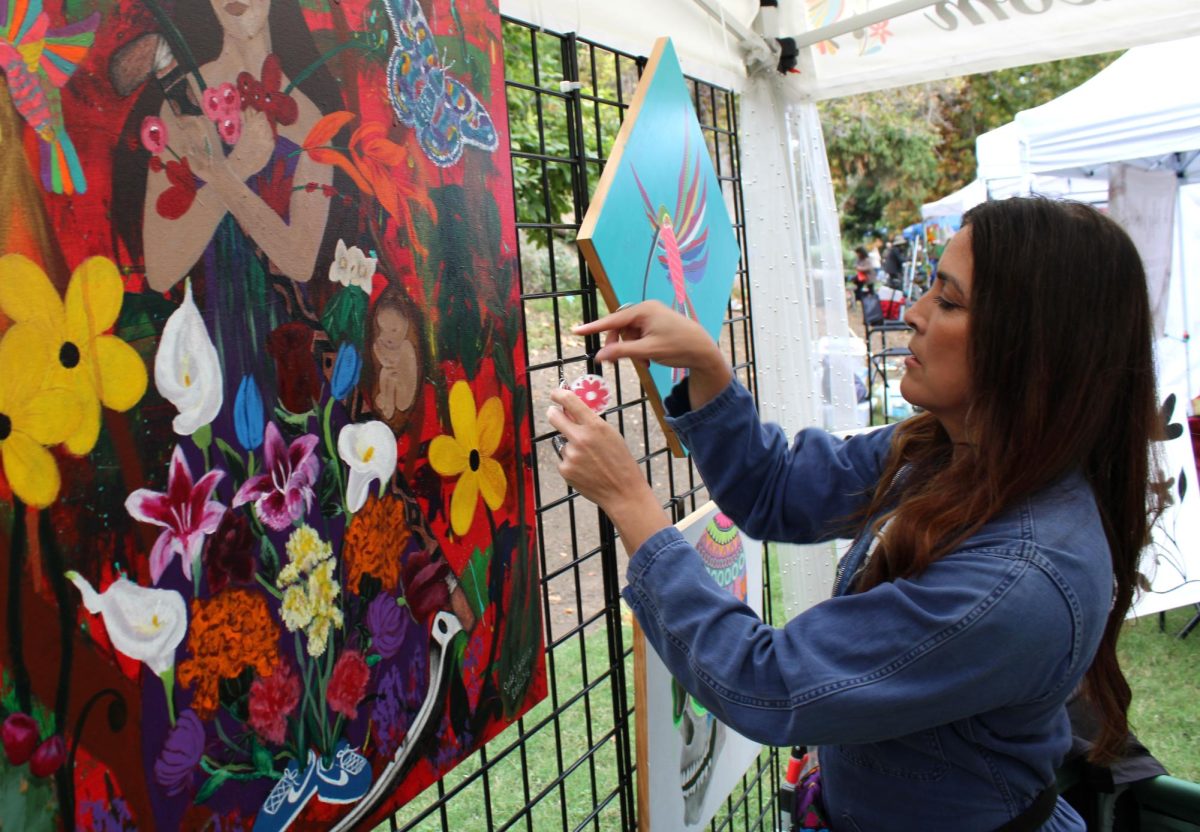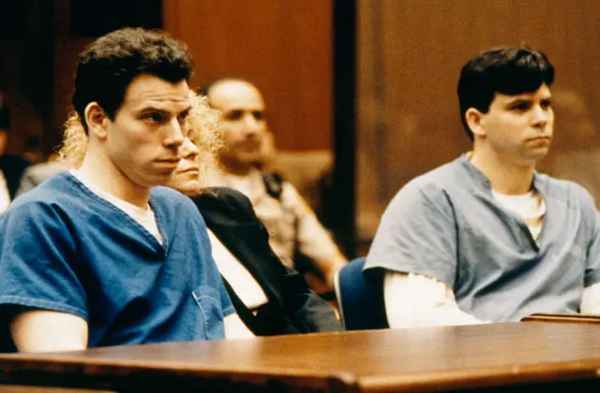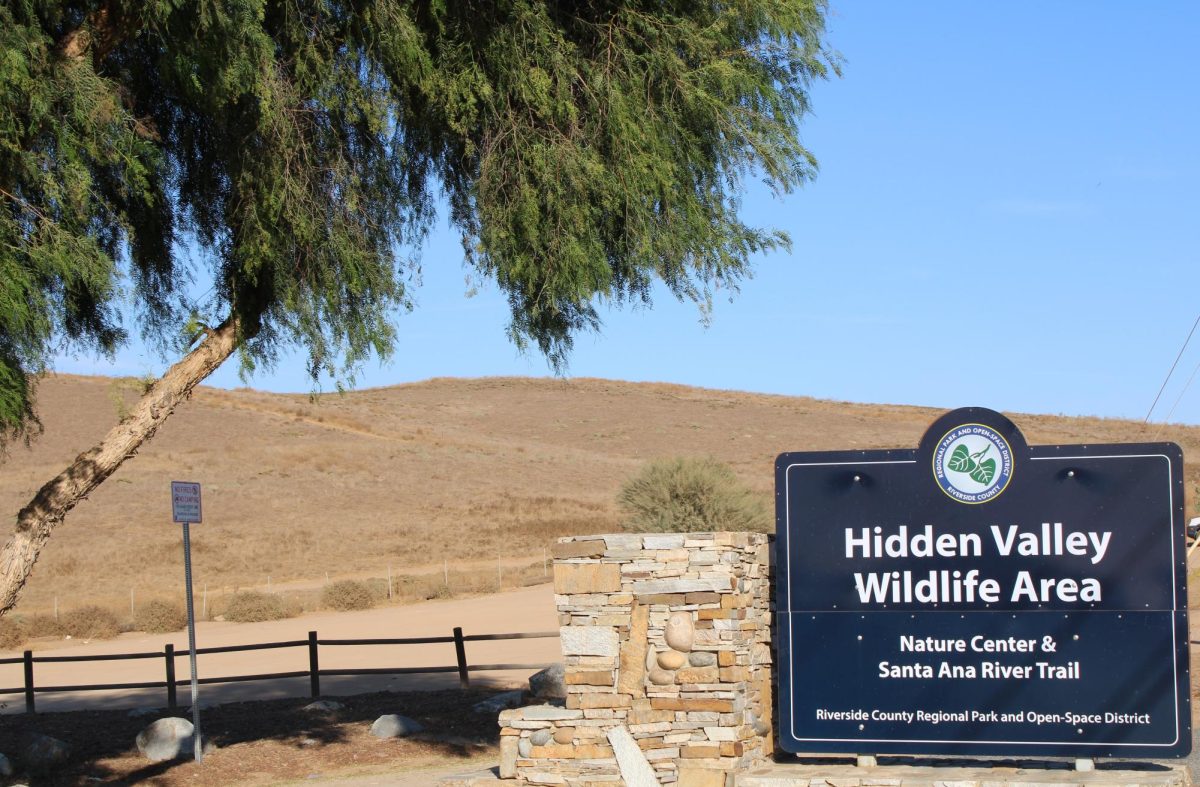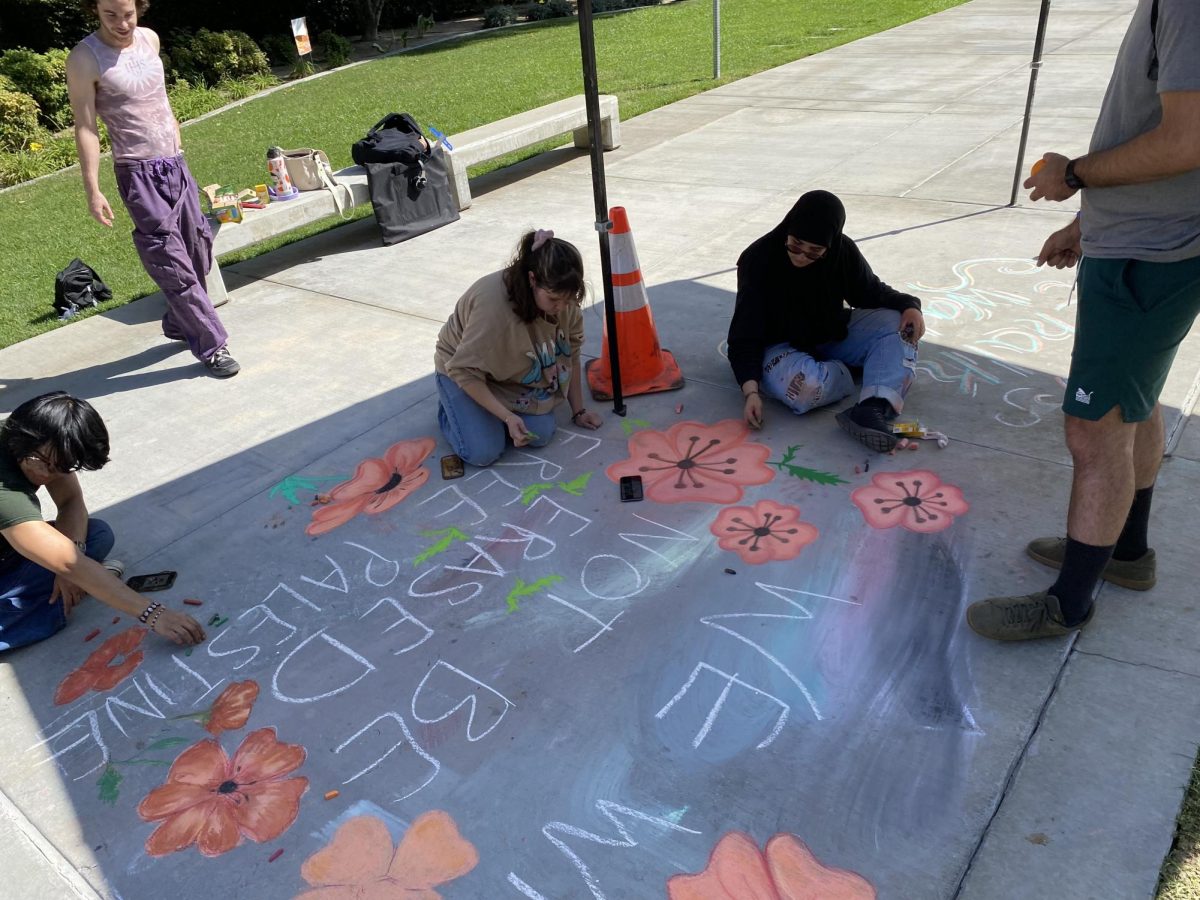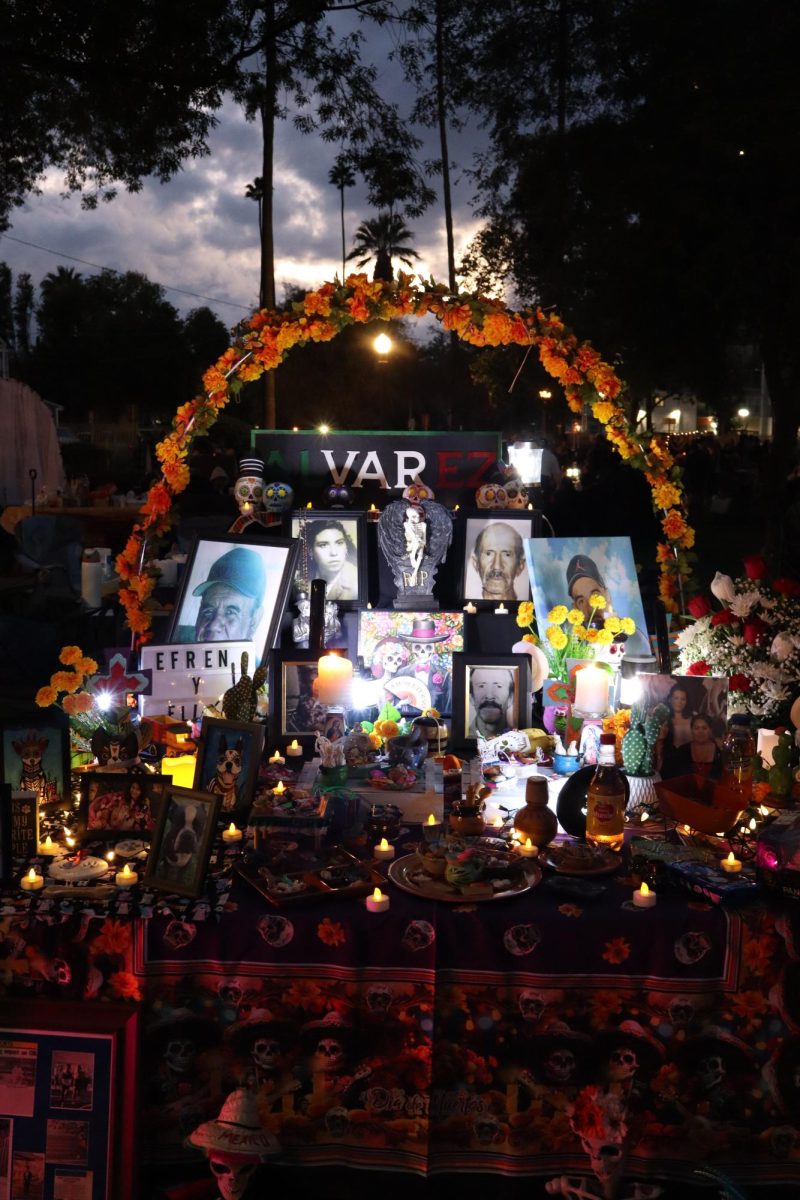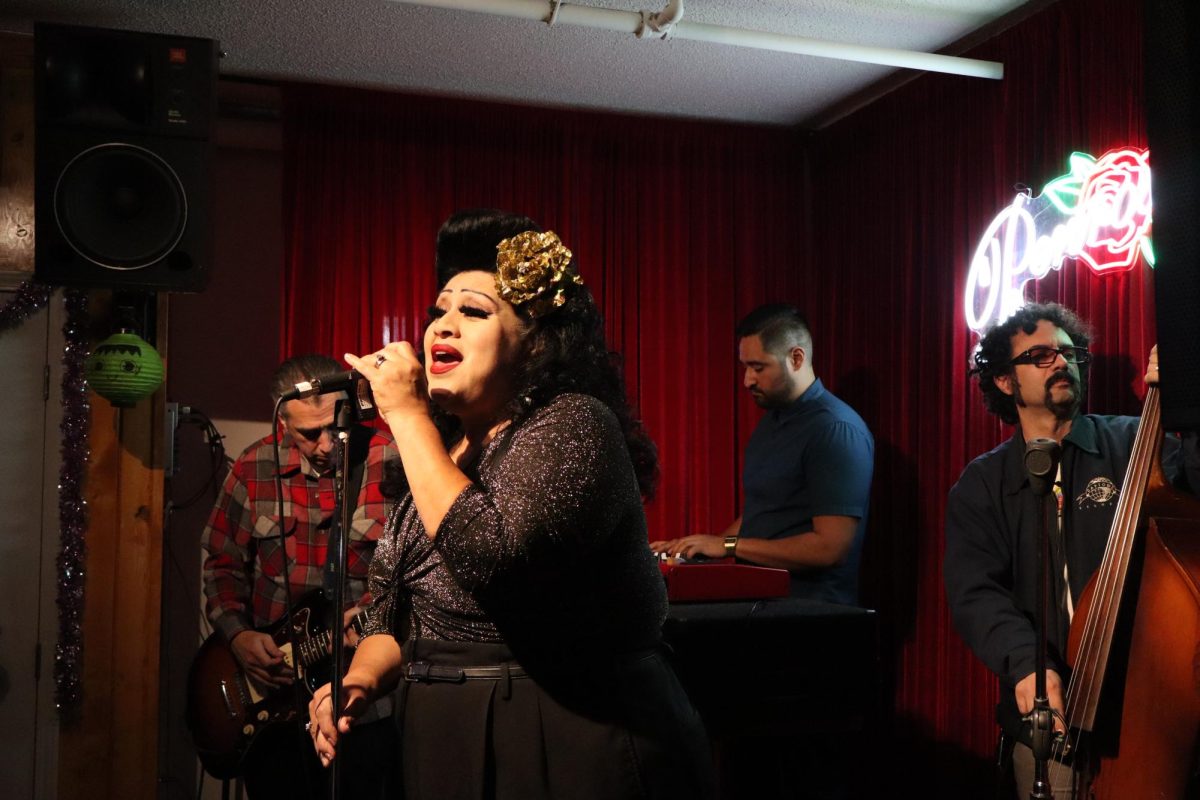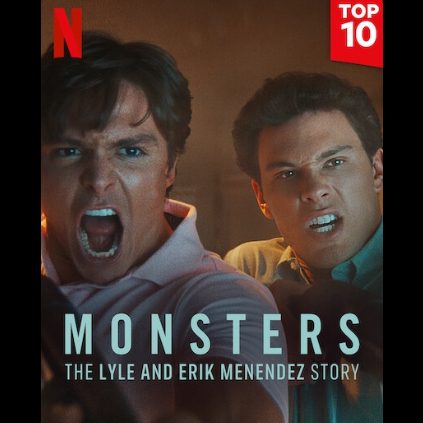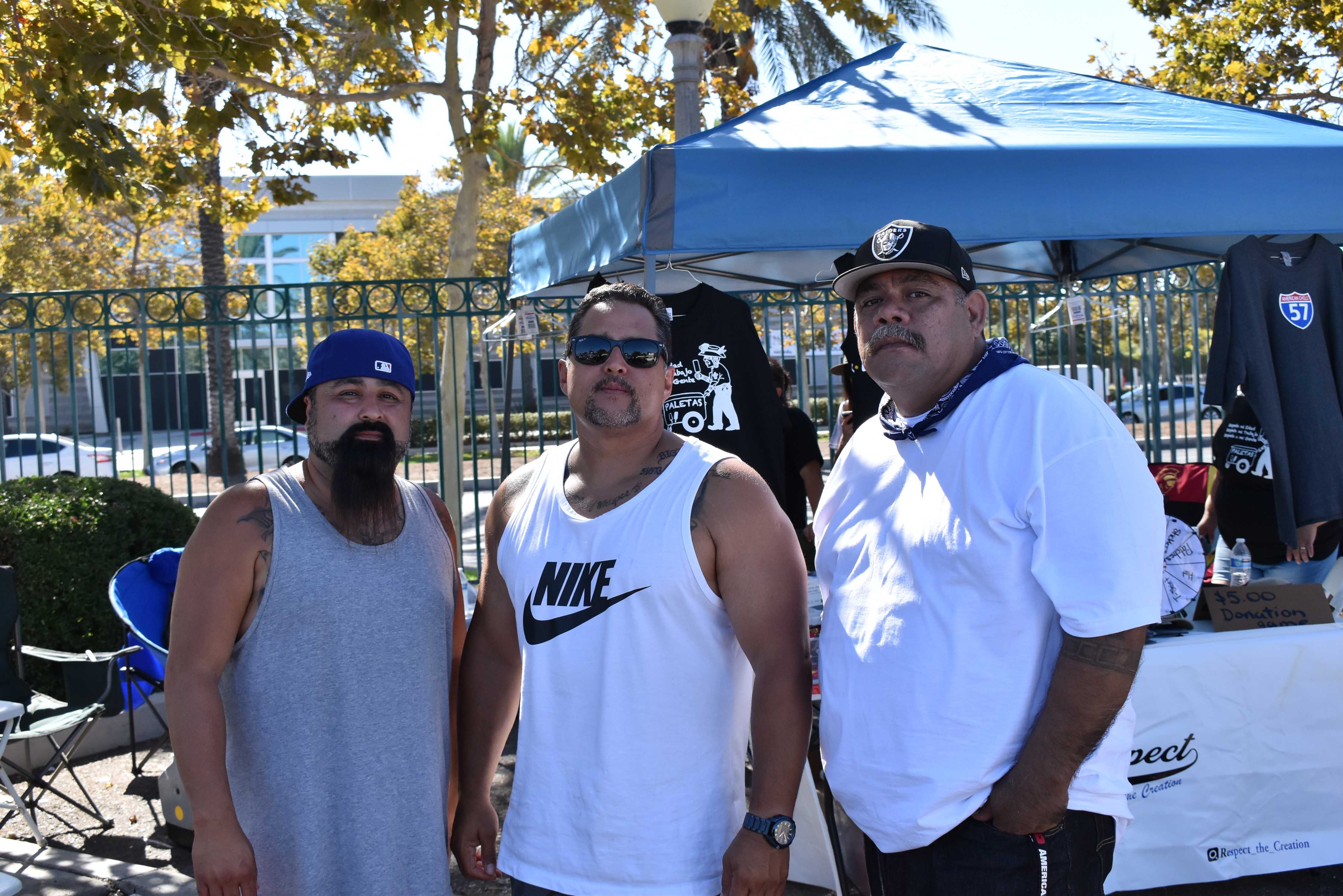
By Erik Galicia
Hollywood is perceived across the globe as the land of stars and glamour.
But just across the hills that hold the world famous Hollywood sign lie the barrios of North Hollywood, which in the 1980s and ’90s were plagued by gang violence.
That’s where Gil Tejada, 41, got his start. He spent the ’90s alternating between the streets of North Hollywood and the California Youth Authority until he decided to step away from active gang membership.
“I lived the cholo life to its fullest,” Tejada said. “The last 20 years, I’ve been working, progressing. Now I own my own home. I’m living the American Dream.”
Tejada started the “American Cholo” podcast on YouTube in late 2019 to promote Brown unity and has attracted 27,500 subscribers since then. “American Cholo” features uncut barrio stories, up-and-coming Chicano artists and political discussions with his friends Leonard “Sonny” Acosta, 52, and Jose “Boo Boo” Mendoza, 43, both from Burbank.
“American Cholo” often highlights the experiences of gang members in the streets and the prison system. Tejada argued the humanization of those within that subculture is necessary to help the Chicano community overcome a problem that it has struggled with for decades.
The media’s portrayal of gang members being monsters who were born killers, Tejada said, ignores the reality that many were raised by the streets due to a lack of relationships in the home.
“You can come from that life and get out of it,” Tejada said. “A lot of those guys think there’s no way out. But we’re three homies that they can look at and say, ‘If those guys did it, why can’t we?’”
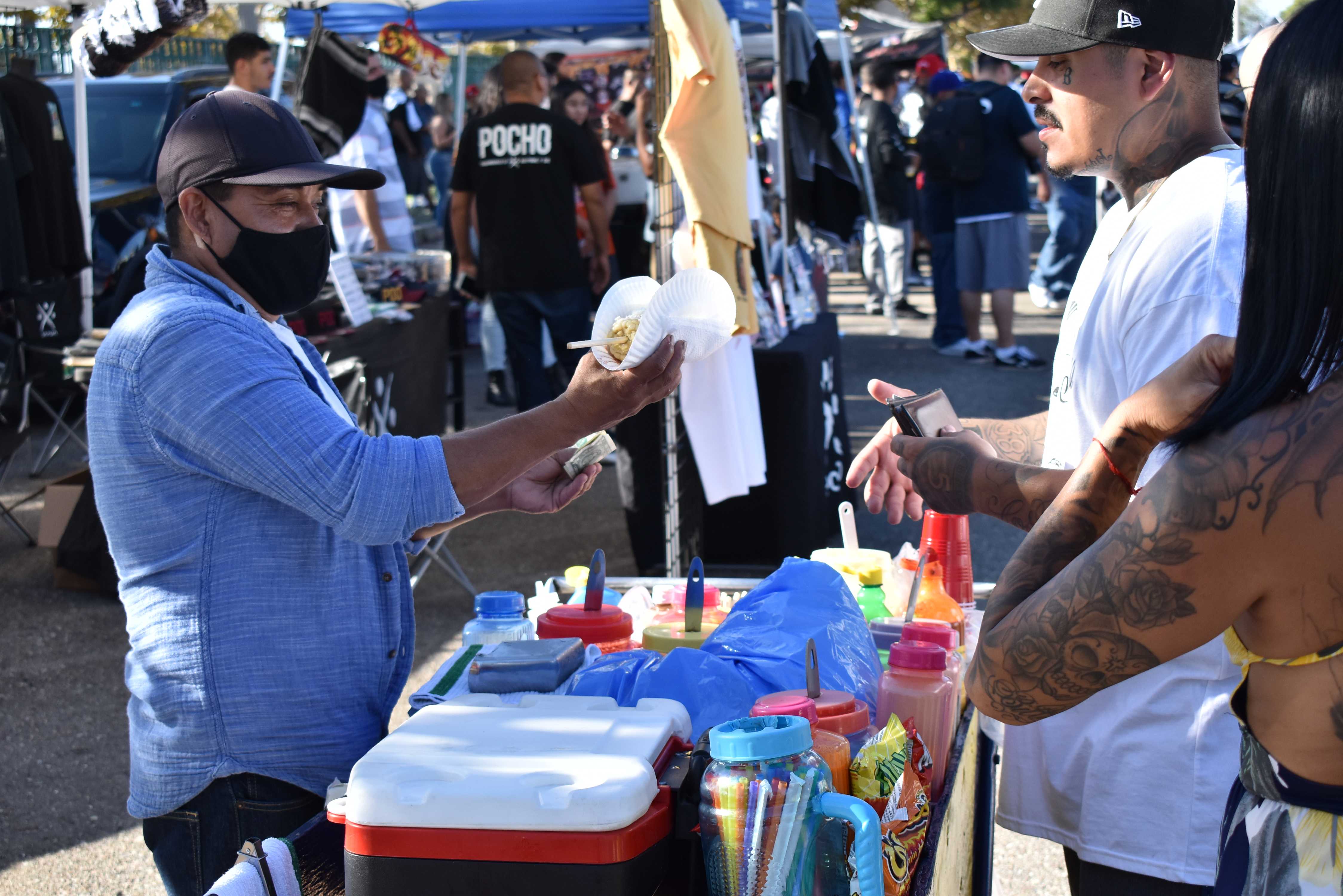
The American Cholo crew takes shots at all ends of the political spectrum and does not shy away from open discussion. They attracted criticism for their hard stance against the harassment of Hispanic street vendors after videos of young Black men robbing vendors surfaced on social media.
But in the name of open dialogue, the podcast hosted Black community leaders for detailed conversations on Black and Brown relations and has posted videos highlighting Black support for street vendors since.
The three drove down to Santa Ana on Aug. 8 for “A Day of Unity,” an apolitical event that focused solely on support for street vendors and unity, which Acosta said is the main issue within the Latino community.
“We need unity,” Acosta said. “We need to start getting involved in politics. Right now we really don’t have anyone that steps up for us.”
According to the Pew Research Center, Latinos accounted for 18% of the U.S. population in 2017. Yet, the current Senate and House of Representatives are only 4% and 9% Latino, respectively.
Tejada expressed frustration that the possibility of a Latino president is never brought up despite Latinos being the largest minority group in the country. He attributes this to the lack of political participation among the majority of Latinos.
“We need to stop looking at it like, ‘It doesn’t affect us,’” Tejada said. “Everything you do is affected by some law a politician made. But that politician doesn’t look like you. It looks more like a rich guy who has no clue of what’s going on in our communities.”
